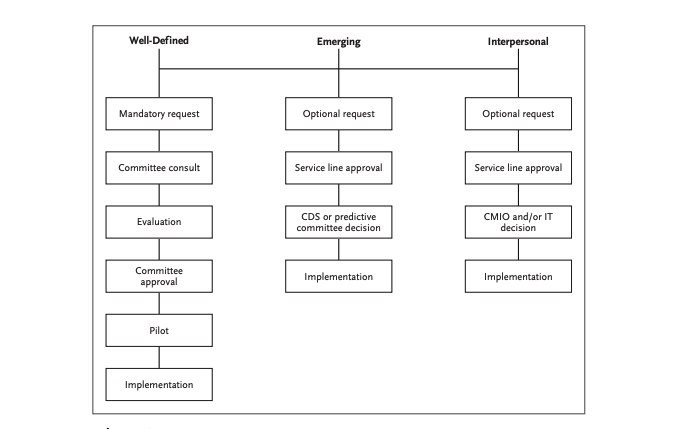Venture capital
City questions General Catalyst's plan to acquire health system
Venture capital firm General Catalyst's ambitious plan to acquire Akron, Ohio-based Summa Health as a test ground for big ideas has been billed as a grand opportunity for the local community. But the local community has questions, my Health Tech co-author Mohana Ravindranath reports in a new story. Today, the Akron mayor plans to press Marc Harrison, the former Intermountain Health CEO in charge of the effort on several key issues.
"Most of us have family who go there in difficult moments," Mayor Shammas Malik told STAT. His mother received cancer care at Summa Health until she passed away. "It's a deeply valued community institution [and] we just want to make sure they understand that, and look forward to building a partnership."
Read more
Hospitals
A national hospital chain goes all-in with Google's AI
The national hospital chain Community Health Systems said it is working with Google to deploy generative artificial intelligence across its enterprise, my colleague Casey Ross writes to STAT Health Tech. The 71-hospital system has spent the past year converting data kept in disparate systems and formats into a unified standard known as FHIR (Fast Healthcare Interoperability Resources), making it easier to support the use of more advanced AI tools. Among the new applications will be a real-time dashboard to track bed capacity, emergency room use and surgeries, as well as generative tools to automate clinical documentation and draft appeal letters to insurers who deny care.
Executives acknowledged that a major challenge will be making sure the tools are accurate and demonstrably benefit patients in local hospitals at a time when standards for generative tools are still being developed. "Even though we have a FHIR data warehouse to start from, we do need to have bespoke operationalization of solutions at the local level for it to work well and be safe," said Miguel Benet, a senior vice president of clinical operations for Community Health Systems.
Medical Devices
Competition for Medtronic in new cardiovascular tech approval
STAT's Lizzy Lawrence writes to tell us that the Food and Drug Administration approved a new treatment for atrial fibrillation from Boston Scientific on Wednesday. The treatment is called pulsed-field ablation and it's a safer way to treat A-Fib: an irregular heart beat that can lead to cardiac failure. Ablation, the scarring of heart tissue, usually requires extreme heat or cold. Pulsed-field does not. Medtronic's version of the technology was approved in December, so the company doesn't have that much of an early lead. Competition should be fierce!
Artificial intelligence How does your health system handle AI?

In a new study published in the NEJM AI, researchers set out to figure out how 13 academic medical centers were managing the influx of predictive models and other artificial intelligence tools and identified three phenotypes for governance: Systems with well-defined structures, systems with emerging structures, and systems where a person is charged with making decisions without consistent guidelines. In all cases, though, the structures sound chaotic: "Even well-resourced [medical centers] are struggling to effectively identify, manage, and mitigate the myriad potential problems and pitfalls related to the implementation of predictive AI," the authors write. They suggest that multiple levels of governance, including from regulators and industry could make things run more smoothly.


No comments